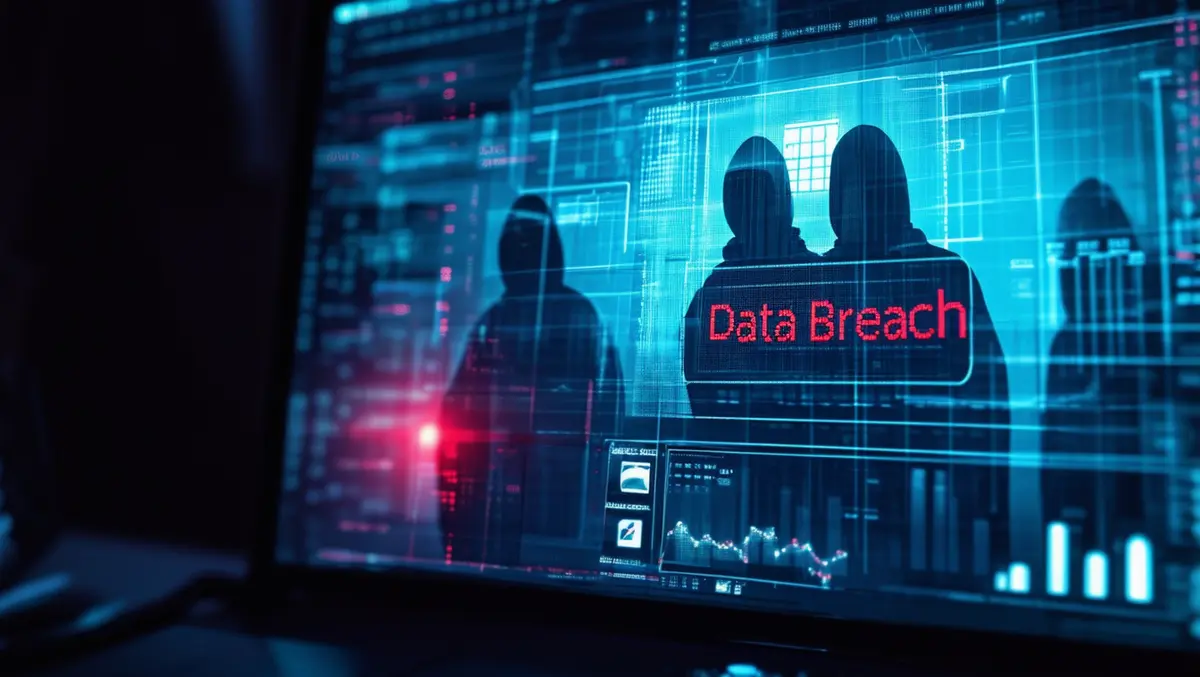
40 million more likely affected by massive Facebook data leak - Bitdefender
Almost 90 million users have found themselves logged out of Facebook hours ago as a precaution to what appears to be the worst privacy blunder of the social network to date.
The story,by frame
Facebook has announced that almost 50 million accounts have been compromised through a daisy-chained vulnerability in the View As feature, which allowed an unknown party to snatch authentication tokens of 50 million users.
These authentication tokens allow users to stay logged into the account whenever they refresh the browser page, reboot the computer or put it to sleep.
As long as users have the token, they are granted access to their account without having to actually go through the login process.
The token holder is also exempt from going through the login process, including whoever snatched it through this vulnerability.
There is little additional information about this bug, except for the fact that it has been partially mitigated by the social network disabling the View As feature, but it's worth mentioning that there is no mention of a Bug Bounty reward or an account of a white-hat hacker reporting this vulnerability.
At this point, it's likely that this was not a controlled report and that a third party has walked away with at least 50 million access tokens to as many accounts.
Here comes the painful part
According to Statista, Facebook Messenger is world's second largest instant messaging platform with almost 1.3 billion active users.
It's also world's largest instant messaging platform that does not have end-to-end encryption turned on by default.
This means that chat history is always available from whatever machine users are logging into.
If you got logged out of Facebook for no apparent reason:
Most likely your account was among the ones that have been hacked. Which brings us to point number 2.
Your private posts, conversations and every piece of information, like check-ins, pictures sent via chat and so on, have likely fallen into the wrong hands. If, at any point, they become public following a data dump. Life will never be the same as before, thanks to a small bug in a platform.
Other accounts using Facebook authentication might have been accessed.
As of now, it is hard to tell what hackers were able to get their hands on.
However, given the complexity of the bug and the generous timeframe (the bug was caught last Tuesday by the social network, but it could have been exploited for a long time prior to this), it is fair to assume the worst.
The reason you had to log in again today was Facebook's way of denying hackers access to the accounts: they invalidated the access token of both the 50million confirmed compromised accounts as well as the 40milliion accounts suspected of being compromised.
And, as we're talking about extremely sensitive content such as private chat conversations, group chats and business-to-consumer interactions, changing your password won't be enough to make everything okay again.
So, if you've had sensitive content shared on the Facebook Messenger, it's time to come to terms with it.
If you're a company that uses Facebook Messenger for support purposes and you've been logged out of your account, you'd better start evaluating what information has been exchanged across the medium and start notifying customers.
This is by all account a data breach that falls under the GDPR and should be treated as such.
What you should do now
Today's disclosure goes along the lines of the old adage saying "never put your eggs in one basket".
Social networks have become the centrepiece of our digital life that blurs into the physical life itself.
It is also an account that social networks can do so much more than influence your shopping behaviour or steal an election: it can have serious consequences on your lifestyle based on private social interactions.
What you should do though is consider your future options:
- Understand that social networks are not bulletproof places where your secrets are safe. Plan for the worst and act accordingly.
- Never put something in writing that you would not like to leak several years from now when the platform gets breached.
- Embrace end-to-end encryption like your life and your freedom depend on it. Sometimes it does.
- Use privacy-focused IM clients such as Signal for sensitive chats or any other business that should stay segregated from your physical persona.

